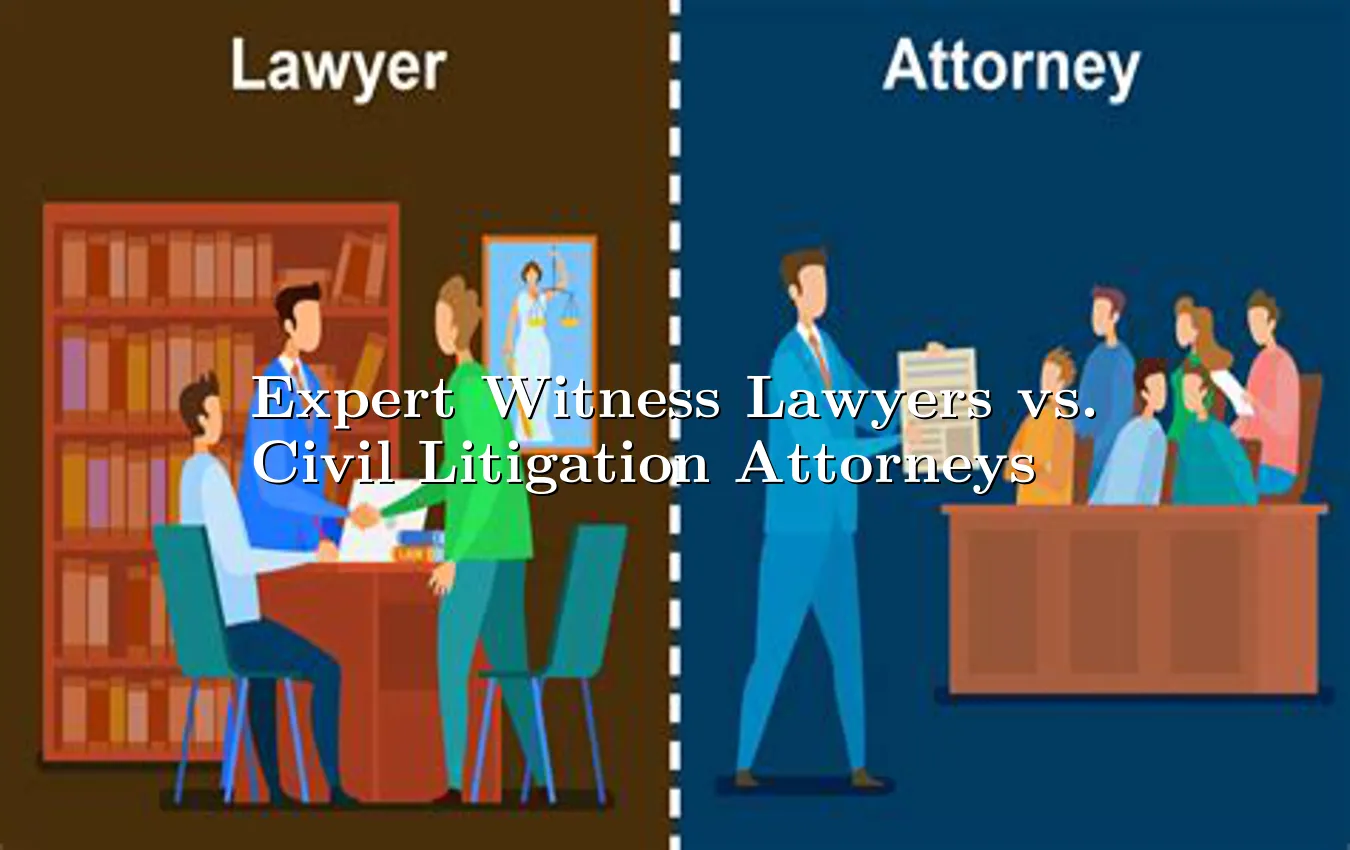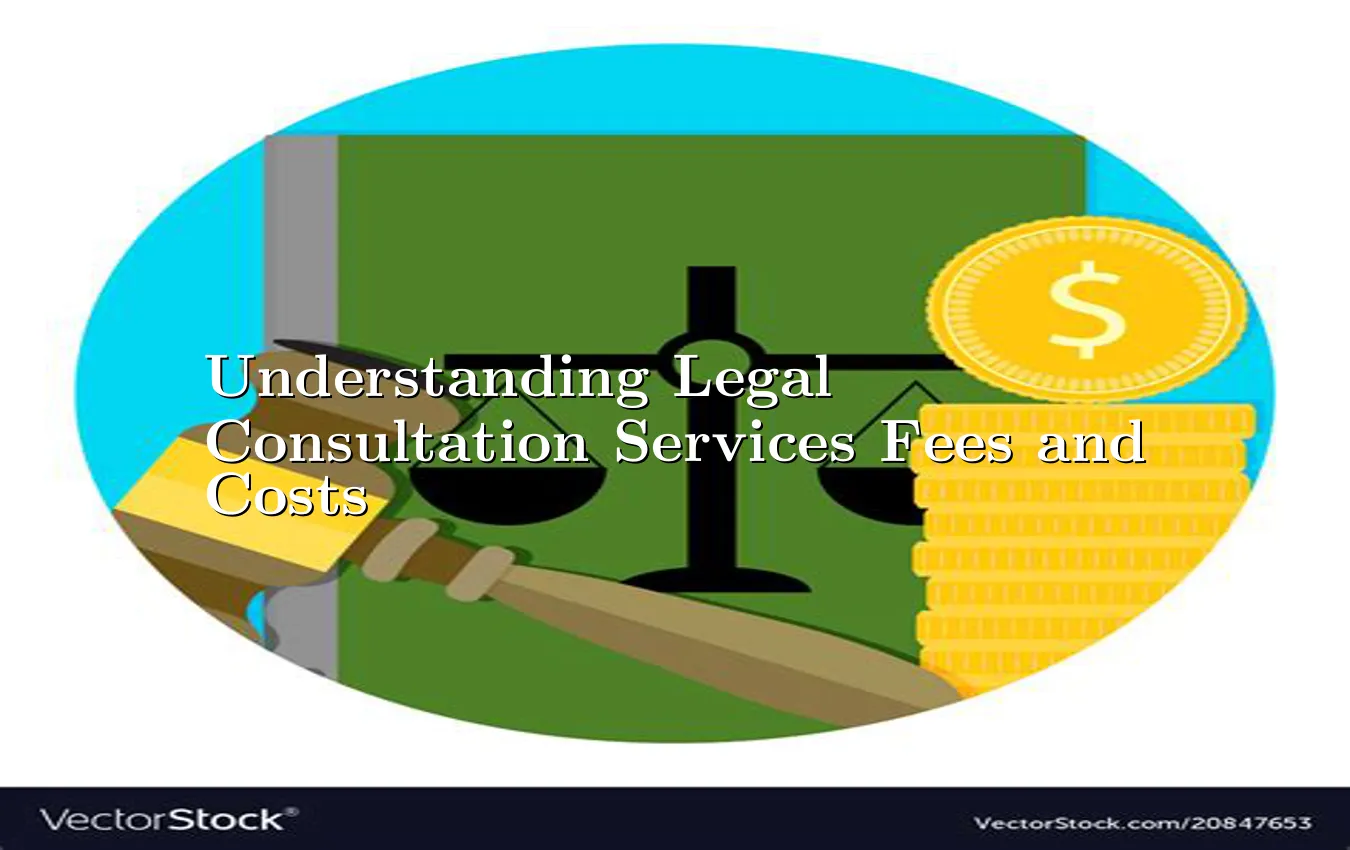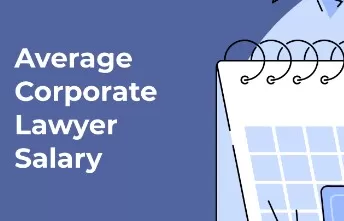
Description : Explore the multifaceted world of civil rights law. Discover the advantages and disadvantages of this demanding career path, along with key legal insights.
Civil rights lawyers play a crucial role in upholding and protecting fundamental human rights. Their work often involves complex legal issues, demanding dedication, and a commitment to social justice. This article delves into the multifaceted world of civil rights law, exploring the potential pros and cons of civil rights lawyer and offering valuable legal insights for aspiring and practicing professionals alike.
The field of civil rights law encompasses a broad spectrum of legal issues, from discrimination based on race, gender, religion, or sexual orientation to violations of due process and freedom of speech. Civil rights lawyers may handle cases involving employment discrimination, housing discrimination, police misconduct, or wrongful convictions. Understanding the intricate legal frameworks and societal context surrounding these issues is paramount to success in this area.
This article aims to provide a comprehensive overview of the pros and cons of civil rights lawyer, highlighting the unique challenges and rewards of this legal career path. It will also offer practical legal insights, examining key strategies, and exploring the essential characteristics required for success in this demanding yet fulfilling field.
Read More:
Understanding the Role of a Civil Rights Lawyer
Civil rights lawyers are advocates for individuals and groups who have experienced discrimination or injustice. Their work often involves meticulous research, thorough investigation, and persuasive legal arguments to protect the rights of their clients. They may represent clients in court, negotiate settlements, or provide legal counsel to ensure compliance with civil rights laws.
Key Responsibilities
Investigation and Research: Gathering evidence, interviewing witnesses, and reviewing relevant legal documents are crucial aspects of their work.
Legal Strategy Development: Developing a strong legal strategy to achieve the best possible outcome for the client is paramount.
Court Representation: Presenting arguments in court, cross-examining witnesses, and advocating for the client's rights are essential skills.
Negotiation and Settlement: Reaching mutually agreeable settlements outside of court can be a significant part of a civil rights lawyer's work.
Client Counseling: Providing guidance and support to clients throughout the legal process is vital for building trust and rapport.
Pros of Pursuing a Career as a Civil Rights Lawyer
While challenging, a career as a civil rights lawyer offers significant rewards.
Making a Difference: The opportunity to fight for social justice and protect vulnerable populations is a deeply fulfilling aspect of this work.
Intellectual Stimulation: The complexity of legal issues and the need for in-depth research and analysis provide constant intellectual stimulation.
Advocacy: The ability to advocate for the rights of others and make a tangible impact on society is a core strength of this profession.
Developing Strong Analytical Skills: The ability to dissect complex legal issues and develop persuasive arguments is a highly valuable skill.
Challenging Cases: Handling high-profile or controversial cases can provide significant professional fulfillment.
Interested:
Cons of Pursuing a Career as a Civil Rights Lawyer
Despite the rewards, a career as a civil rights lawyer has its drawbacks.
Emotional Toll: Dealing with cases involving discrimination, injustice, and trauma can take a significant emotional toll on the lawyer.
High-Pressure Environment: Meeting deadlines, handling complex cases, and representing clients in court can create a high-pressure environment.
Limited Financial Rewards: Compared to some other legal specialties, civil rights law may not always offer the same level of financial compensation.
Potential for Controversy: Representing clients in controversial cases can lead to criticism and backlash.
Long Hours and Stress: The nature of the work often requires long hours and significant stress.
Key Legal Insights for Civil Rights Lawyers
Navigating the complexities of civil rights law requires a deep understanding of legal principles and practical strategies.
Thorough Investigation: Gathering comprehensive evidence and conducting thorough investigations are crucial for building a strong case.
Strong Legal Reasoning: Developing persuasive legal arguments based on established principles and precedent is essential.
Effective Communication: Clear and effective communication with clients, witnesses, and opposing counsel is vital.
Understanding of Social Context: A deep understanding of the societal context surrounding the legal issues is important for effective advocacy.
Ethical Considerations: Upholding the highest ethical standards in all aspects of the legal practice is paramount.
Real-World Examples and Case Studies
Numerous real-world examples demonstrate the impact of civil rights lawyers in shaping social change. For instance, the landmark Supreme Court cases on desegregation and voting rights highlight the profound impact of legal advocacy in advancing equality.
A career as a civil rights lawyer is a demanding yet rewarding path. Understanding the pros and cons of civil rights lawyer, alongside key legal insights, is crucial for aspiring and practicing professionals. The ability to make a difference, coupled with strong analytical and advocacy skills, is vital for success in this field. It requires a deep commitment to social justice and a willingness to navigate the complexities of discrimination and injustice.
Don't Miss:






















